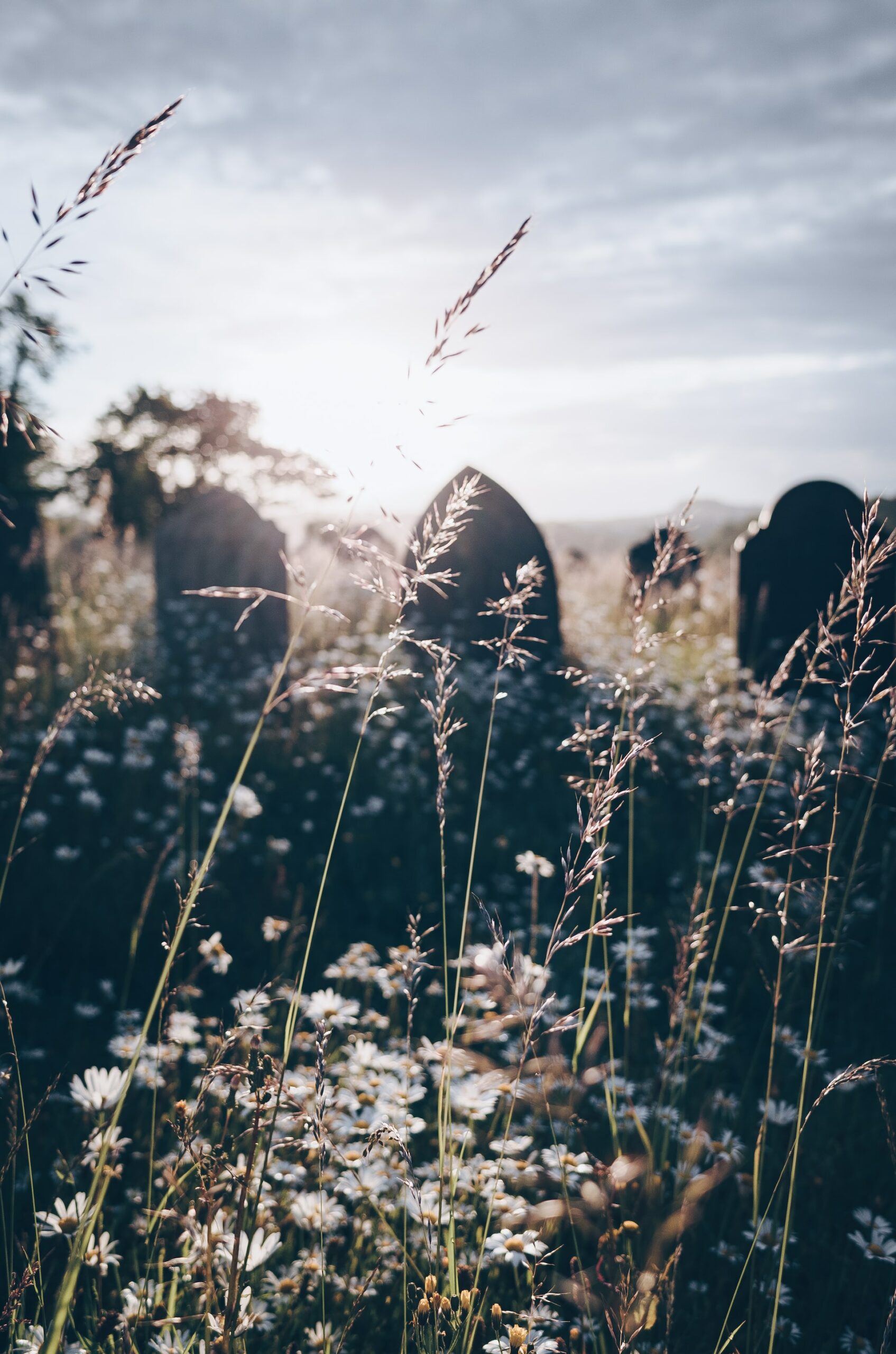Once the Registrar has all the information they require, and this has been entered in the Register, you will be given the following:
A Death Certificate
This is a certified copy of the entry in the death register. Additional copies can be purchased if required for probate, bank or building society accounts, pensions or insurance policies. Copies can be purchased at a cost of £4.00 in England and Wales, £5.50 in Northern Ireland and £8.50 in Scotland
The Registrar’s Certificate for Burial or Cremation
A green form that gives permission for the body to be buried or for an application for cremation. This document should be given to the Funeral Director as soon as possible.
A Certificate of Registration of Death (form BD8)
Issued for Social Security purposes if the person received a state pension. This needs to be completed and returned to the Pensions Department if necessary.


